With the Phuket Sandbox model for reopening to vaccinated travellers well underway, Thailand is looking to join a growing movement to build travel back better and more sustainable in the future.
In line with this, Thailand has just approved a measure to ban certain types of sunscreen known to be damaging to coral reefs; a measure that will be confounding to some who are not aware of its negative impacts.
Here we shed light on why Thailand has taken this measure and what guests can use to protect themselves from the sun while enjoying the beautiful coral-laden waters of Thailand instead.
THAILAND’S BAN ON NON-REEF SAFE SUNSCREENS: WHAT YOU NEED TO KNOW:
Thailand has just passed a law prohibiting the use of sunscreens containing Oxybenzone, Octinoxate, 4-Methylbenzyk and Butylparaben in all national parks.
It has been well established that the UV-filtering agents in these lotions and cosmetics have a negative and even devastating impact on marine life and, in particular, juvenile coral.
Those found using products with these banned chemicals may face a stiff fine of up to $3,000 USD -an indication that the law is being taken seriously and that visitors should pay heed.
WHY BANNED SUNSCREENS CAN BE SO DAMAGING
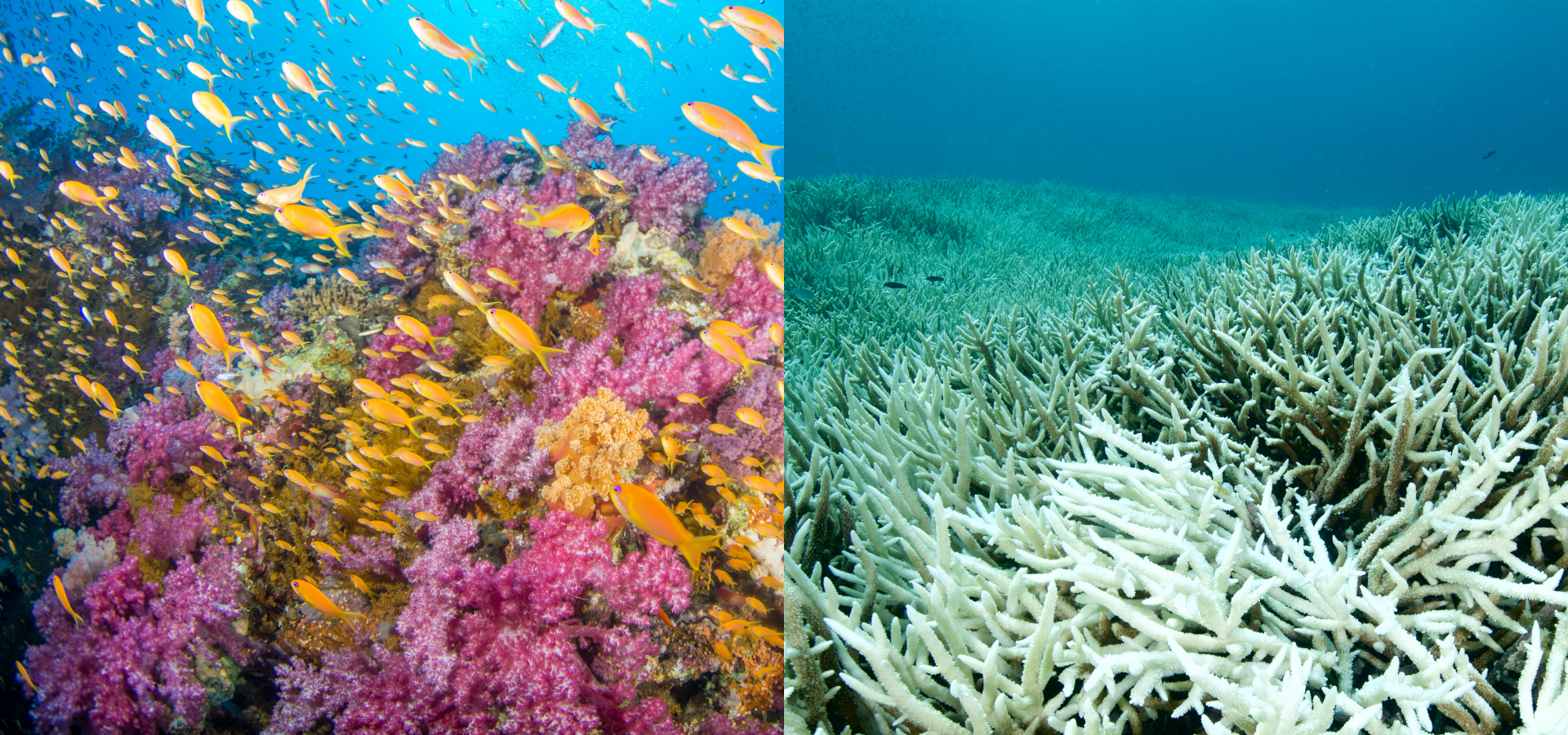
Coral reefs in Thailand and around the world already face an uphill battle in the face of ocean acidification and climate change. Chemicals like oxybenzone and octinoxate are known to:
- Increase corals susceptibility to bleaching
- Damage Coral DNA
- Interfere with reproduction
- Cause growth anomalies
To make matters worse, it only takes a very low dose of these chemicals -62 parts per trillion, or roughly one drop of water per 6.5 Olympic-sized swimming pools, for these chemicals to be of sufficient concentration to make their impacts felt. When one considers the fact that some 600,000 tourists visited Phi Phi Island in 2019, it’s easy to see how these chemicals can add up to devastating effect.
HOW TO BE PROTECTED FROM THE SUN WITHOUT THESE CHEMICALS
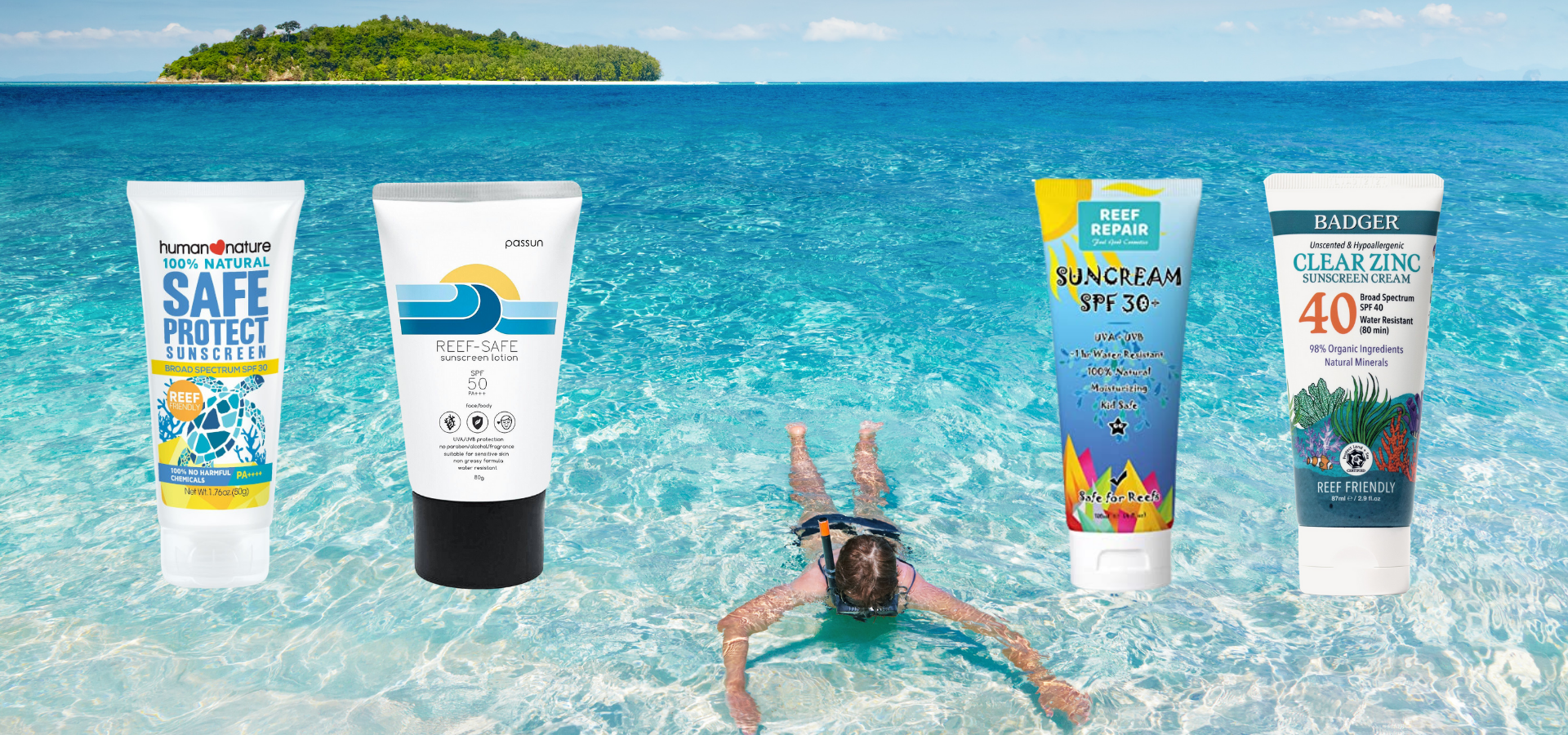
Sunscreen is an automatic addition to every travellers’ to-pack list; particularly those heading to wonderful beach destinations like southern Thailand. So news of their banning may come as a surprise to some travellers.
The good news for pasty, sun-starved travellers is that not all sunscreens are banned. Products labeled as ‘Reef Safe’ or ‘Marine Safe’ use safer mineral-based chemicals like zinc oxide or titanium oxide which act as barriers between the skin and UV radiation rather than absorbing into skin and tissue. These may also be labeled as ‘non-nano’ because particles used to protect skin are more than 100 nanometers in size and cannot be absorbed by coral reefs.
When in doubt, our experts are always on hand to answer any questions you may have. You can reach them at [email protected].


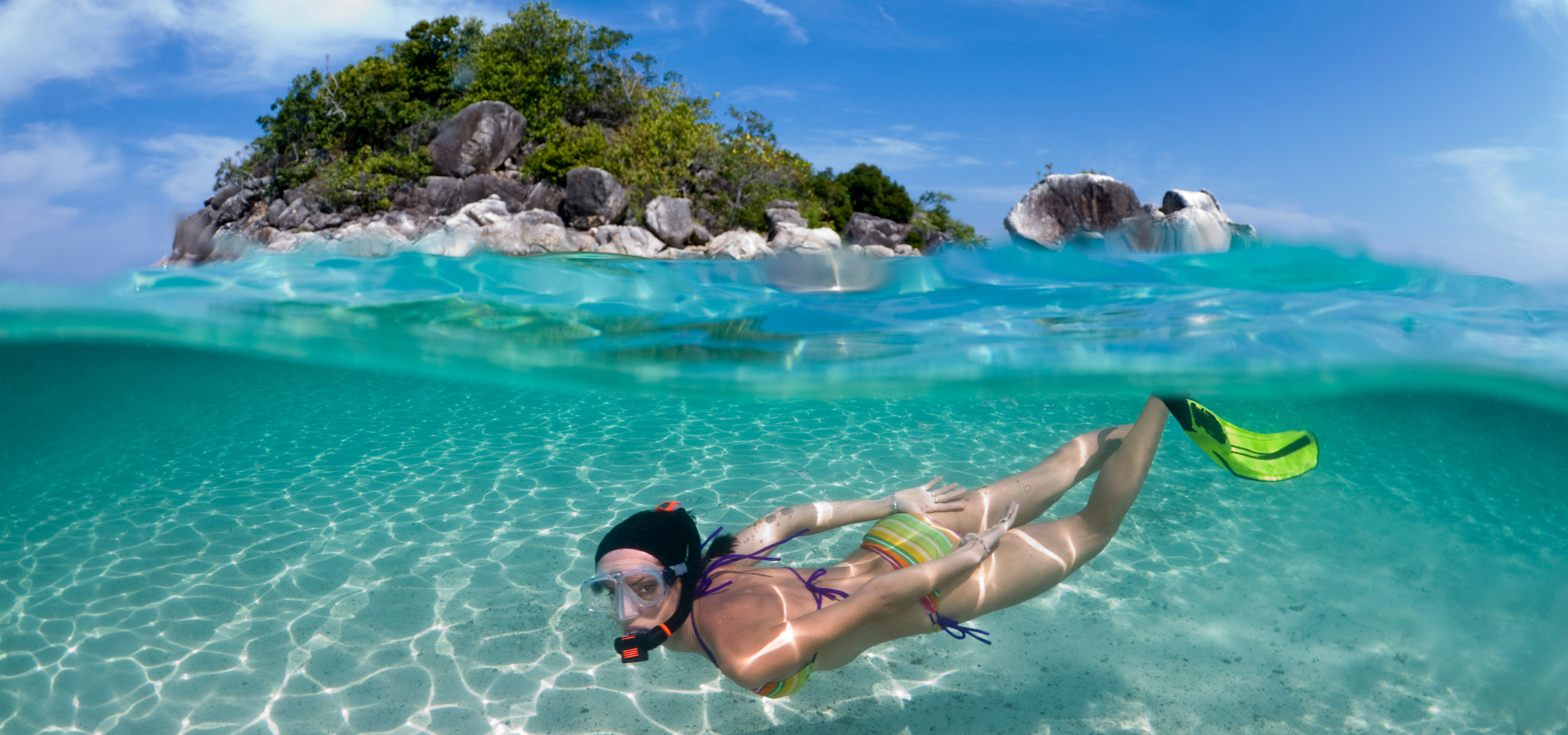

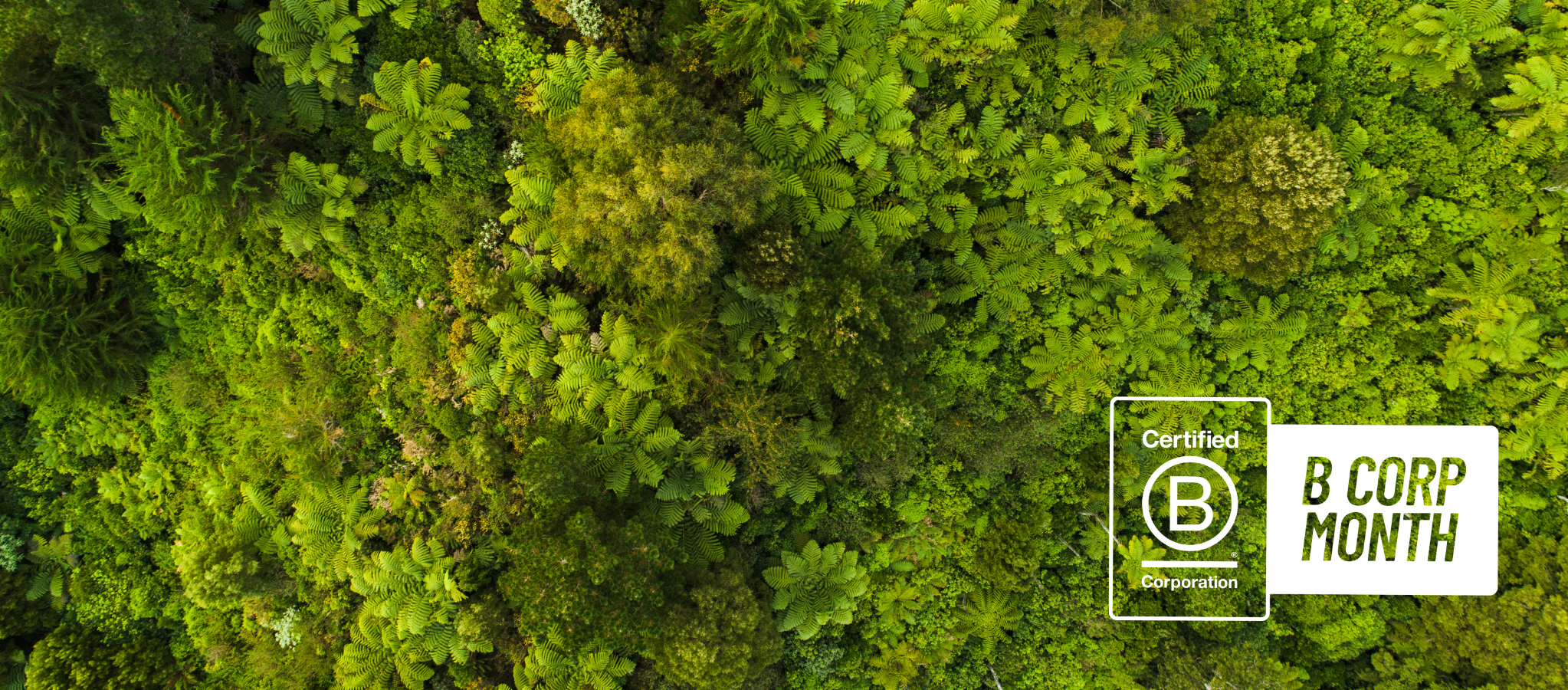 " alt="">
" alt=""> 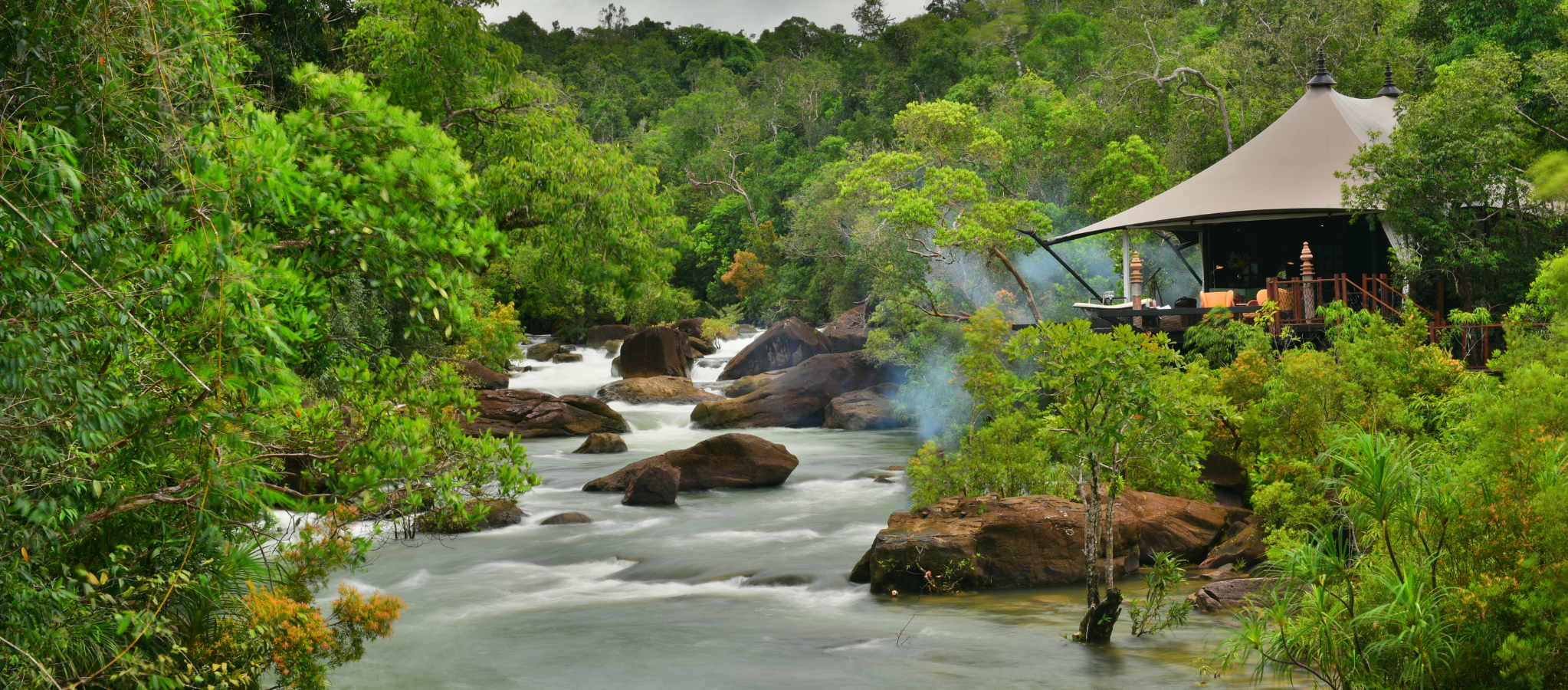 " alt="">
" alt=""> 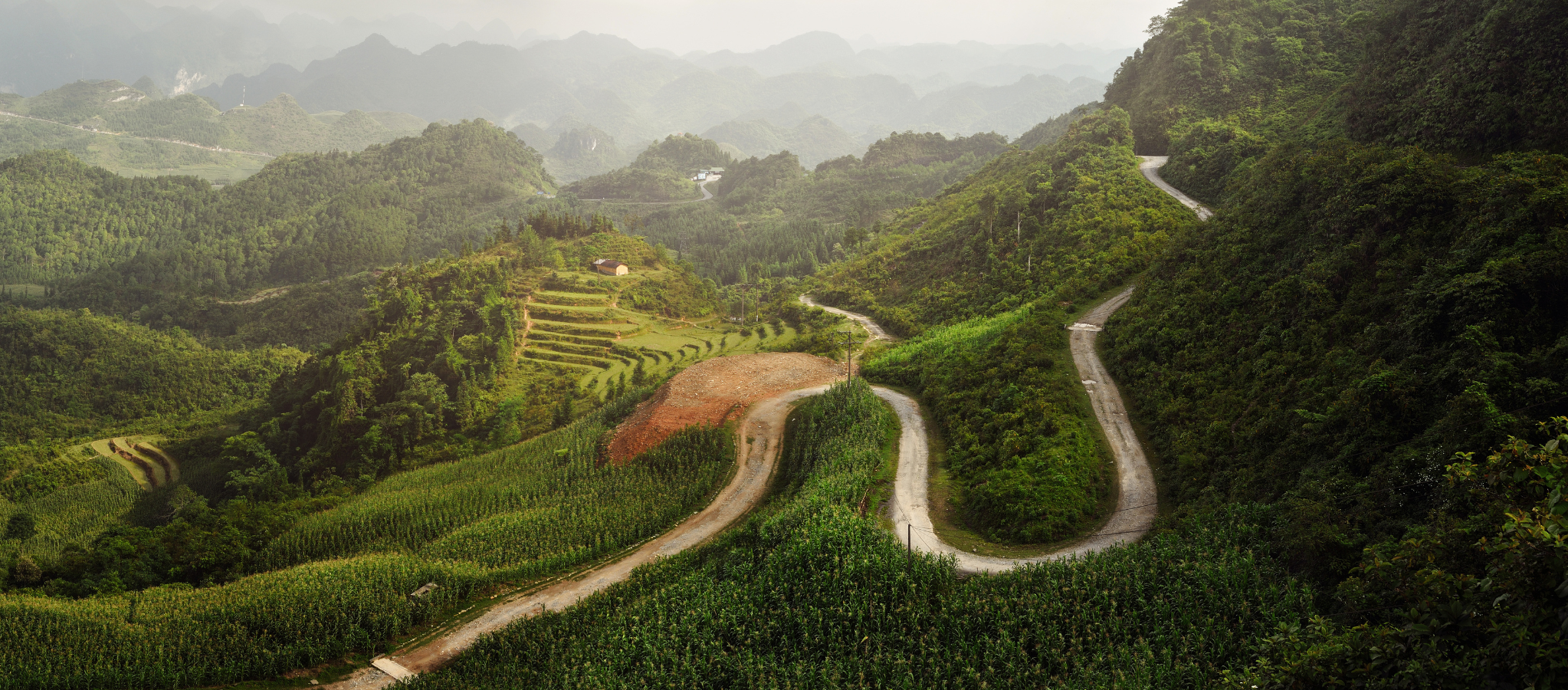 " alt="">
" alt="">  " alt="">
" alt=""> 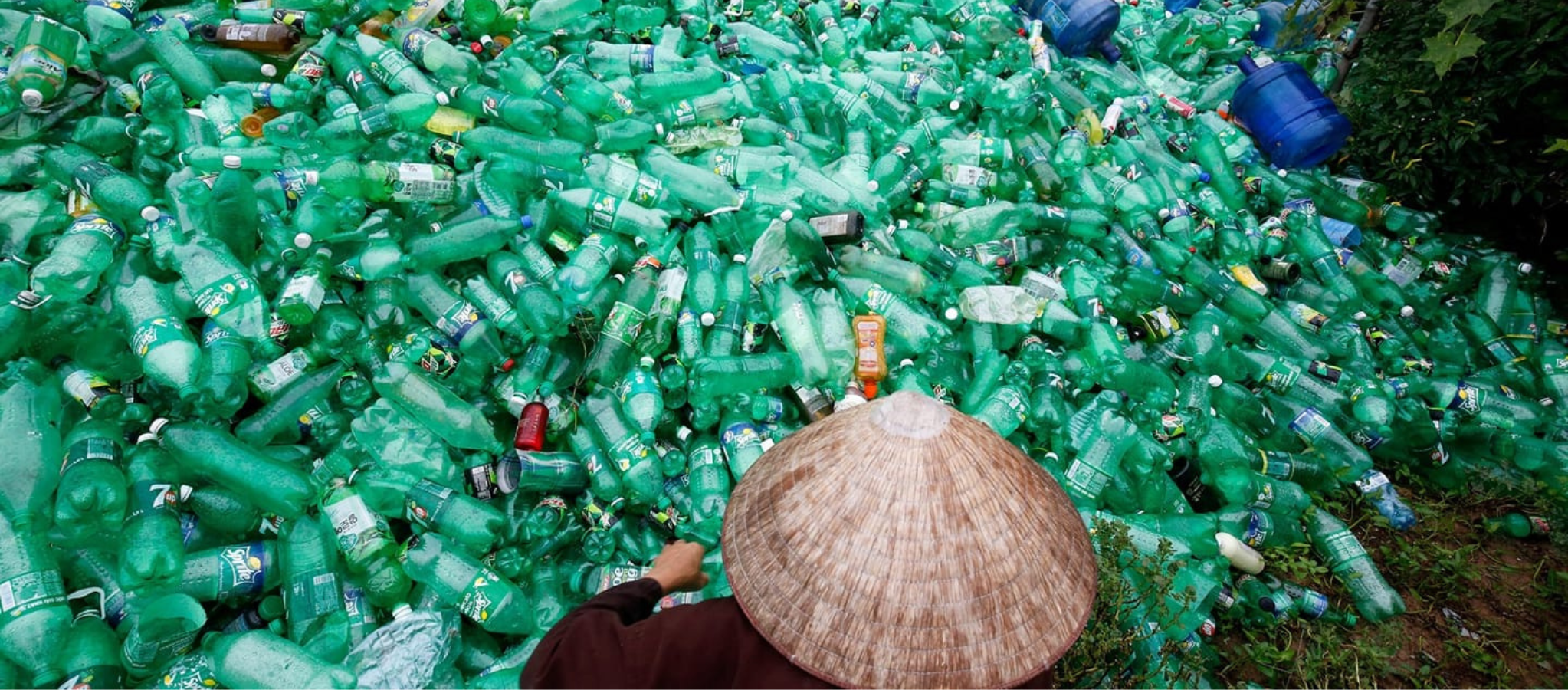 " alt="">
" alt=""> 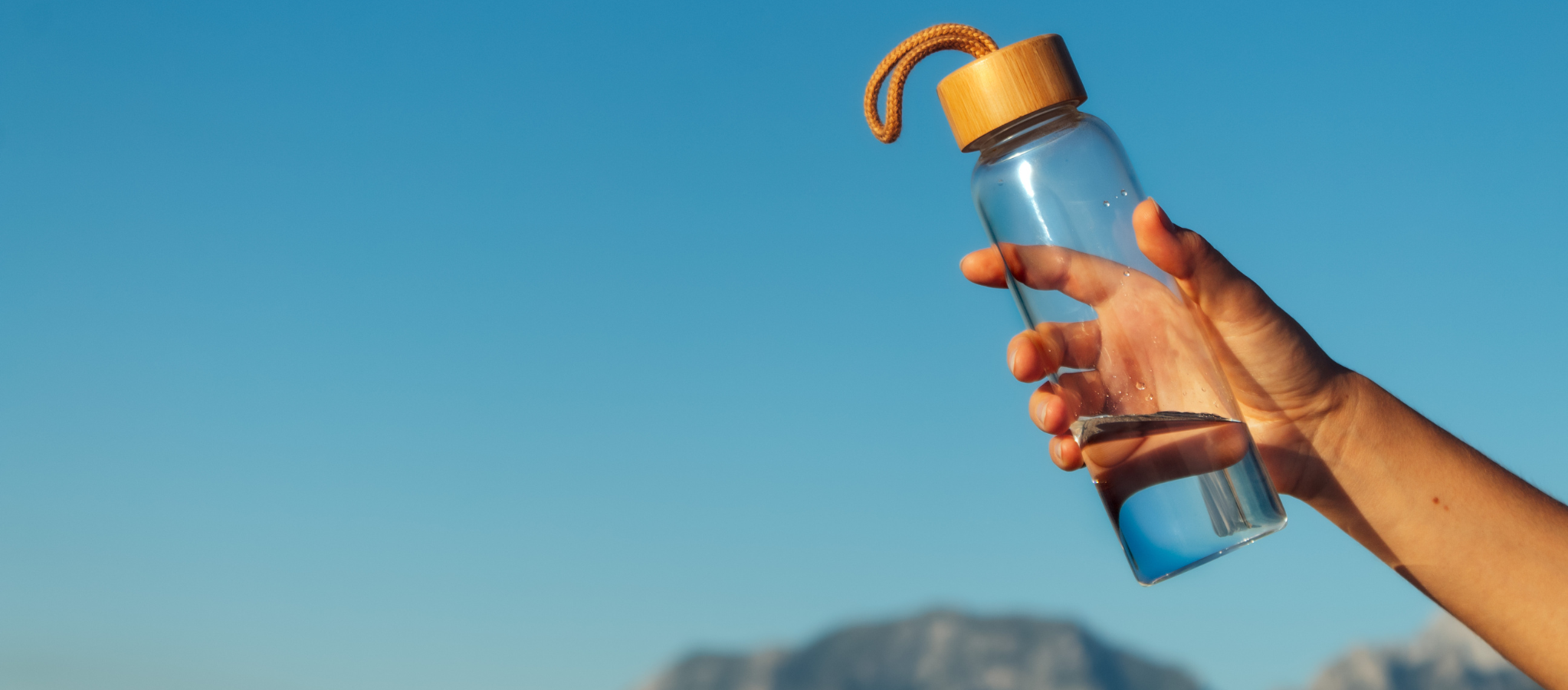 " alt="">
" alt=""> 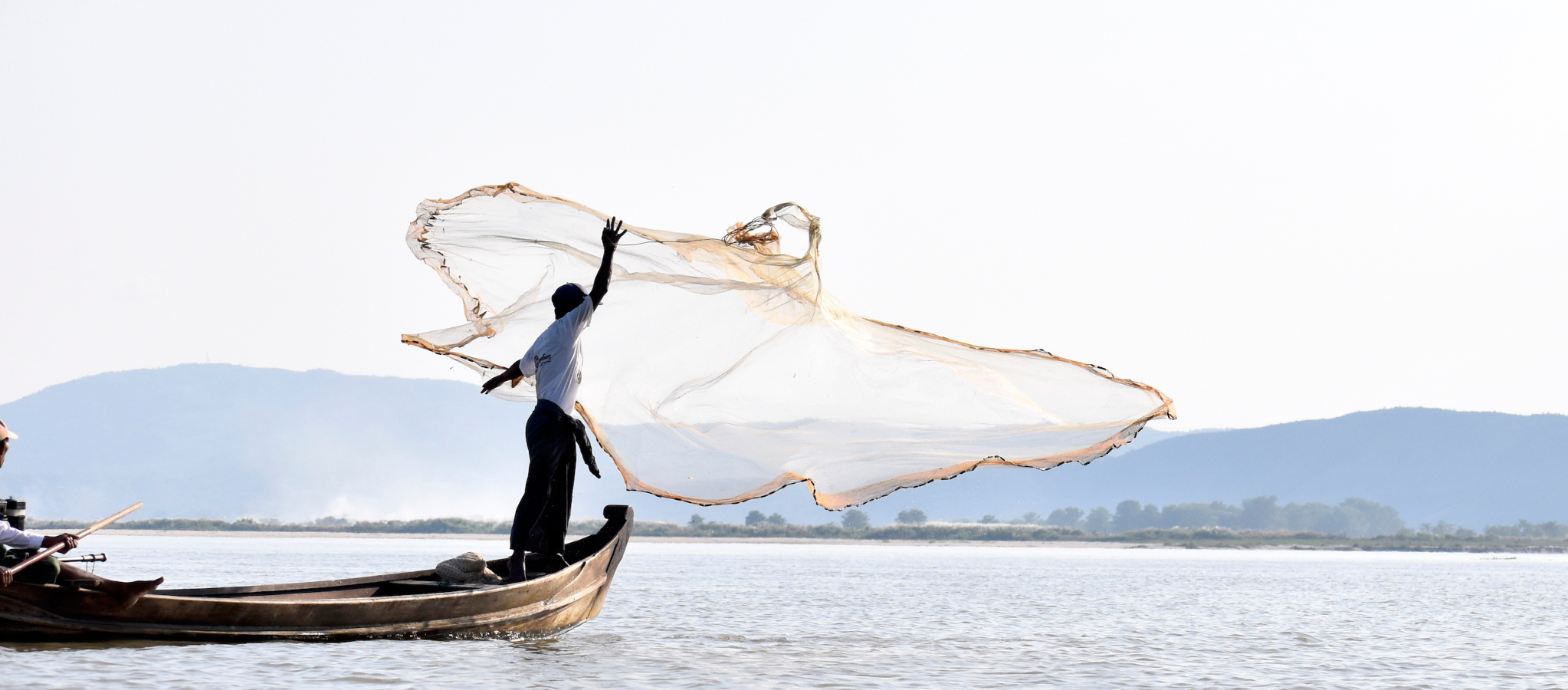 " alt="">
" alt=""> 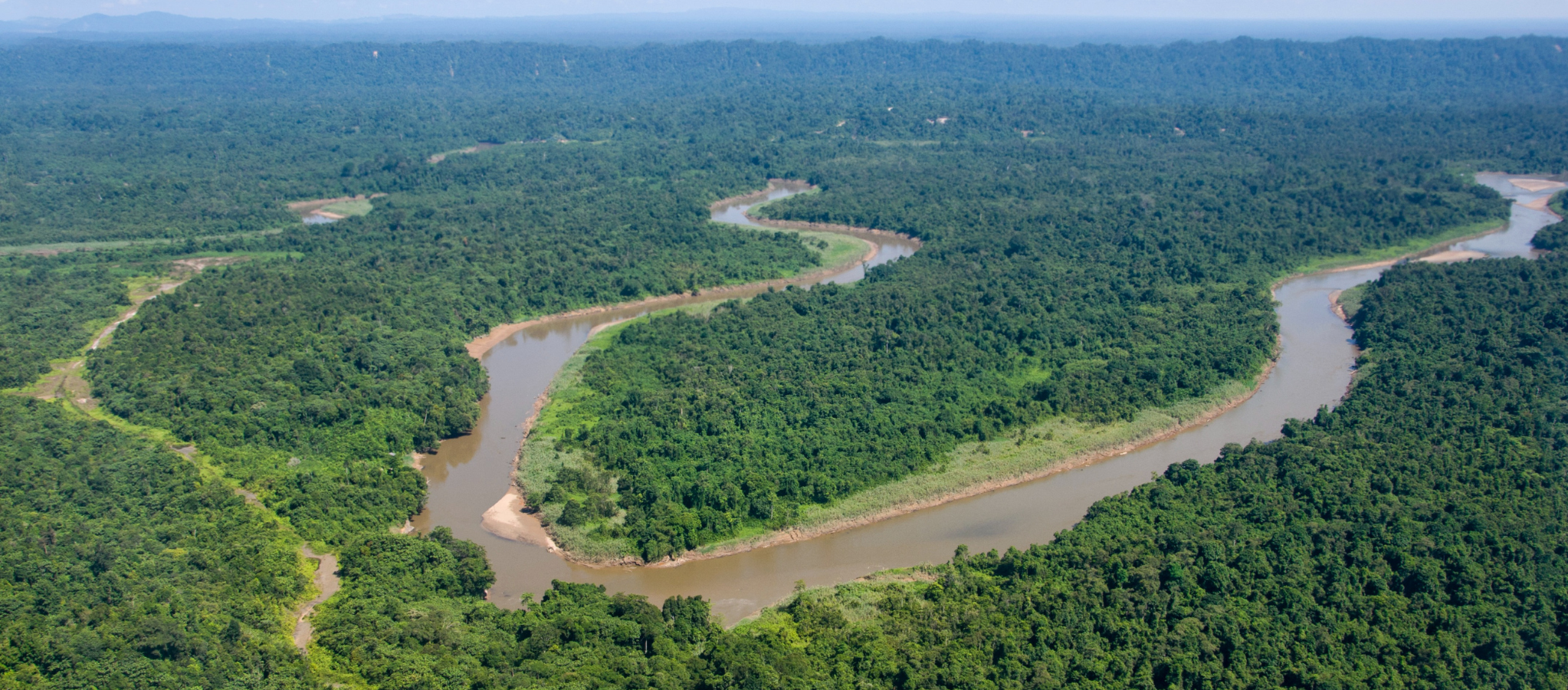 " alt="">
" alt=""> 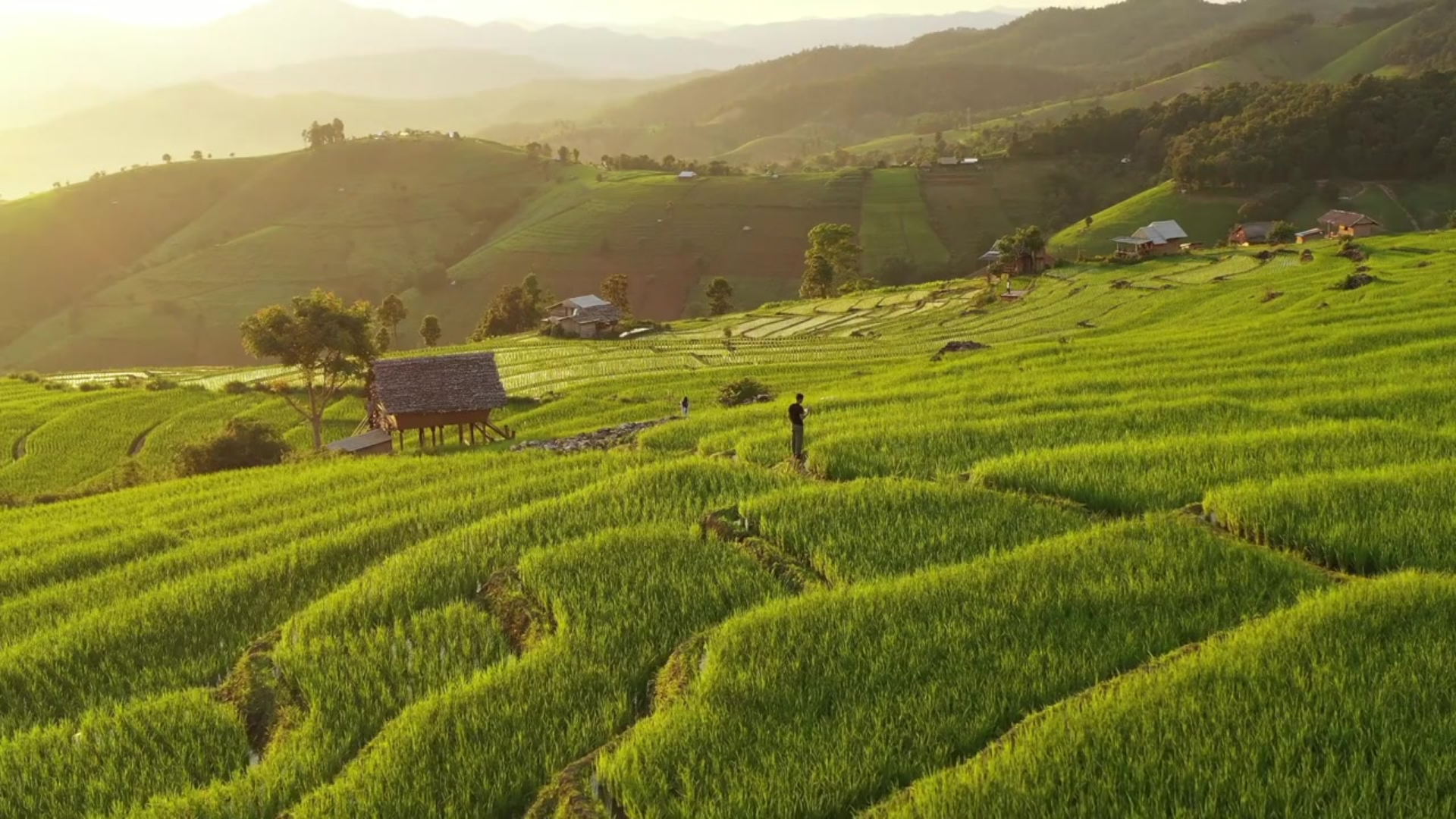 " alt="">
" alt=""> 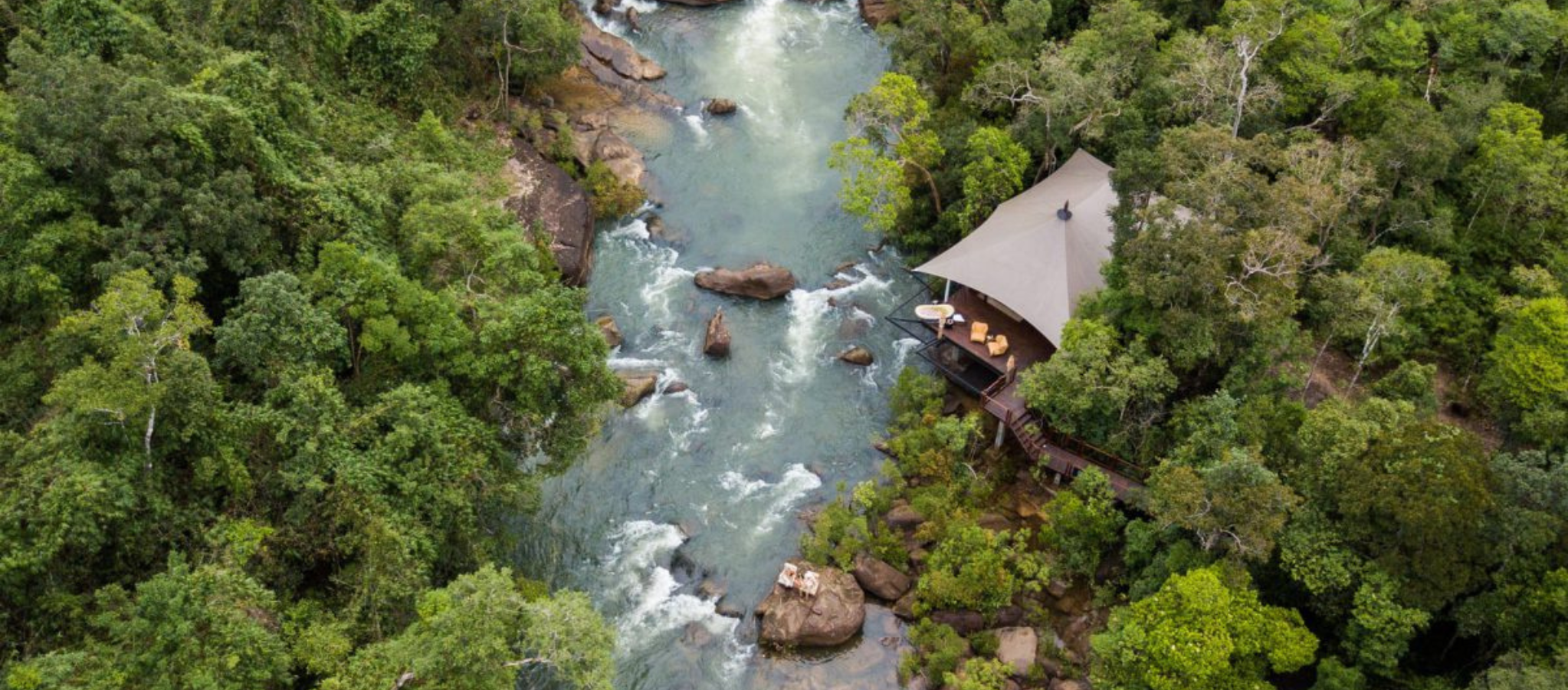 " alt="">
" alt=""> 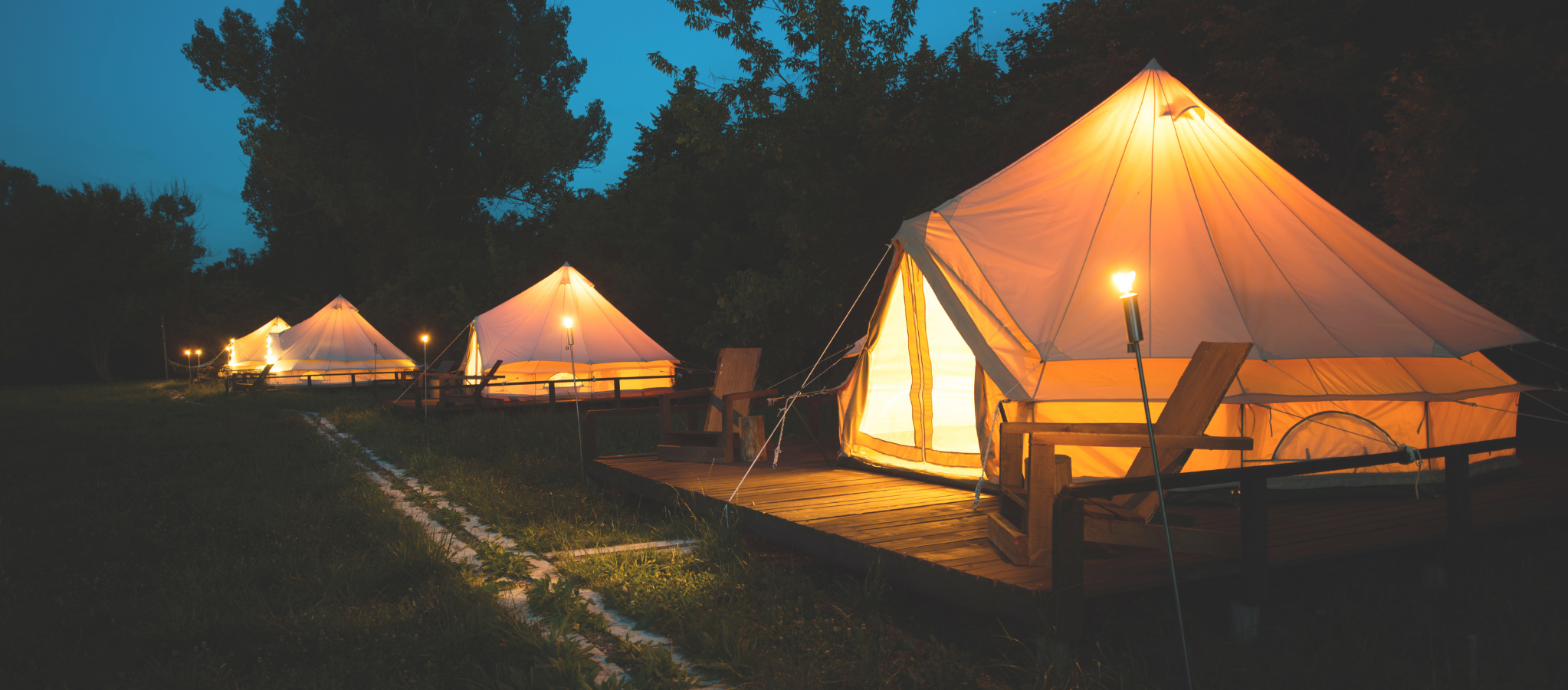 " alt="">
" alt=""> 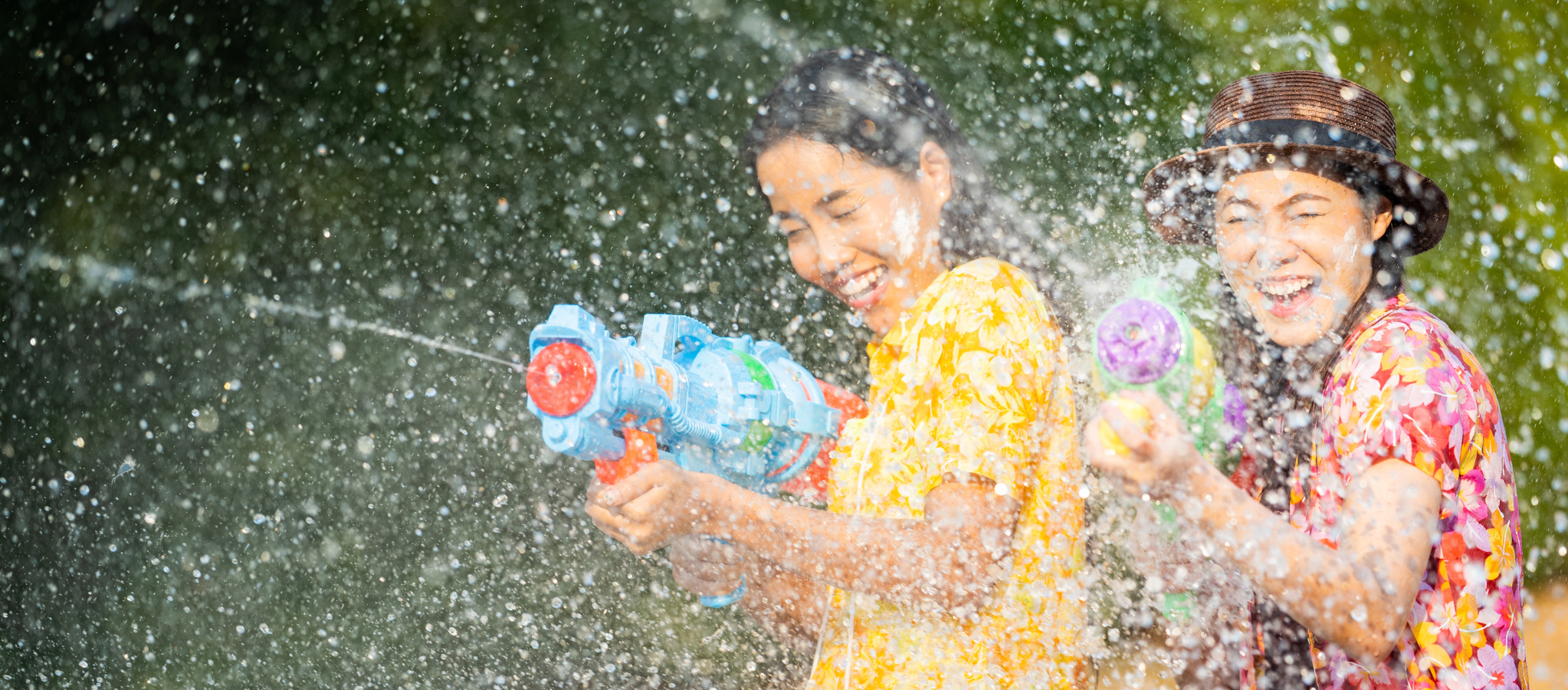 " alt="">
" alt=""> 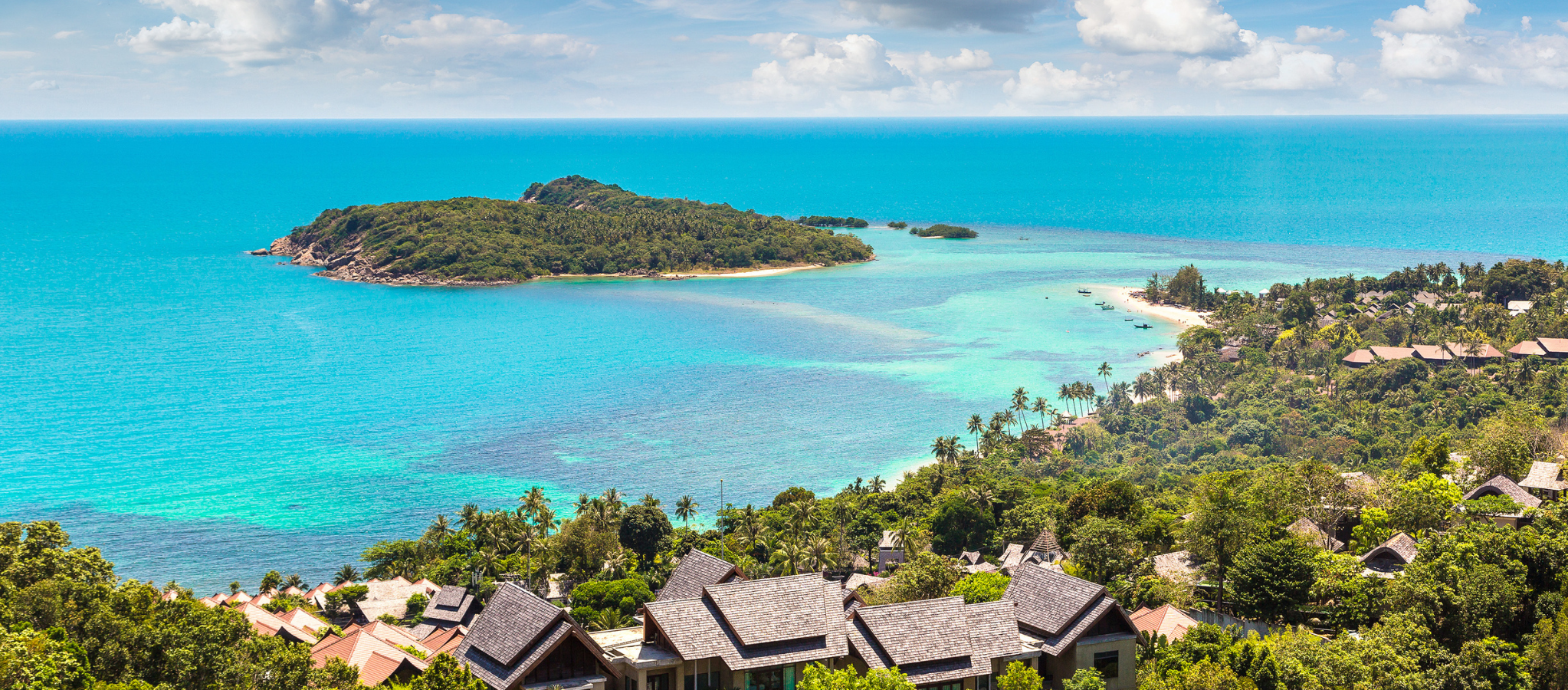 " alt="">
" alt=""> 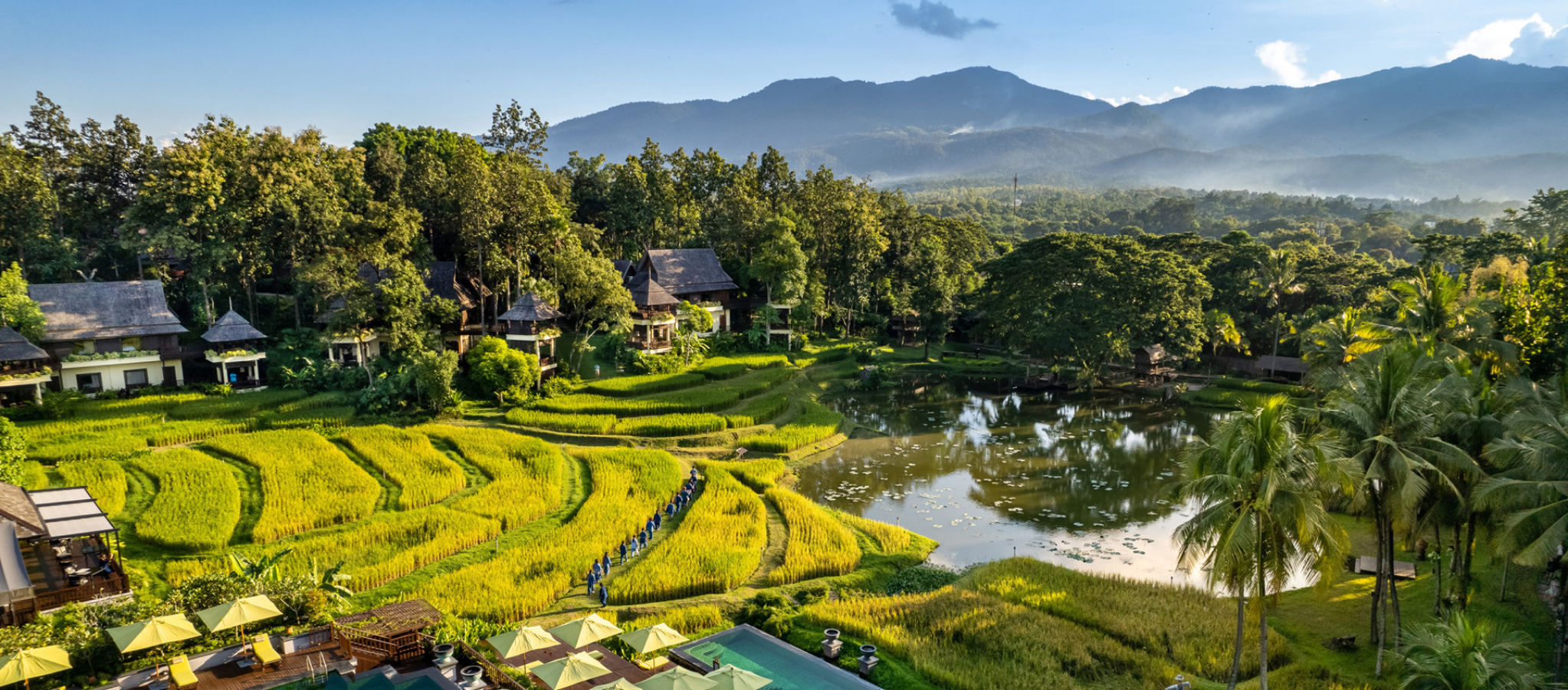 " alt="">
" alt=""> 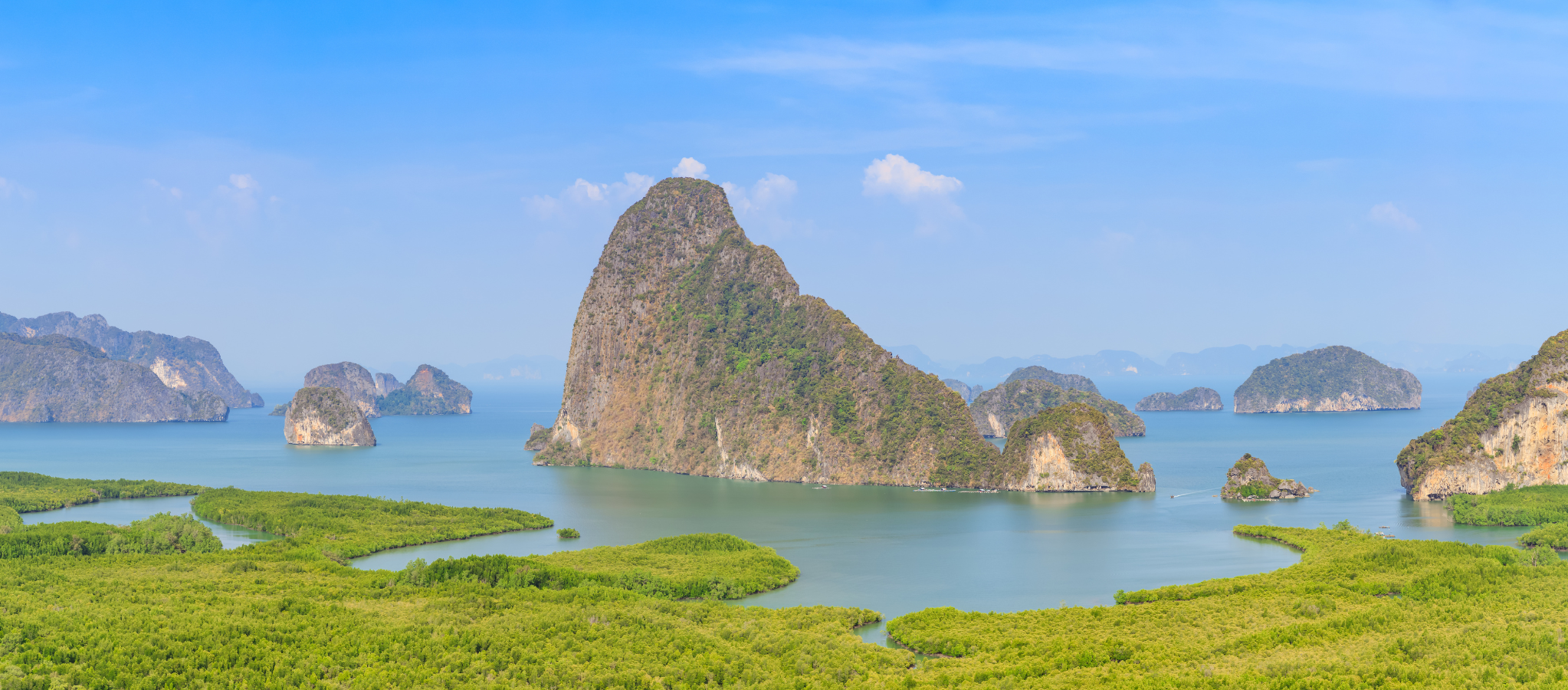 " alt="">
" alt=""> 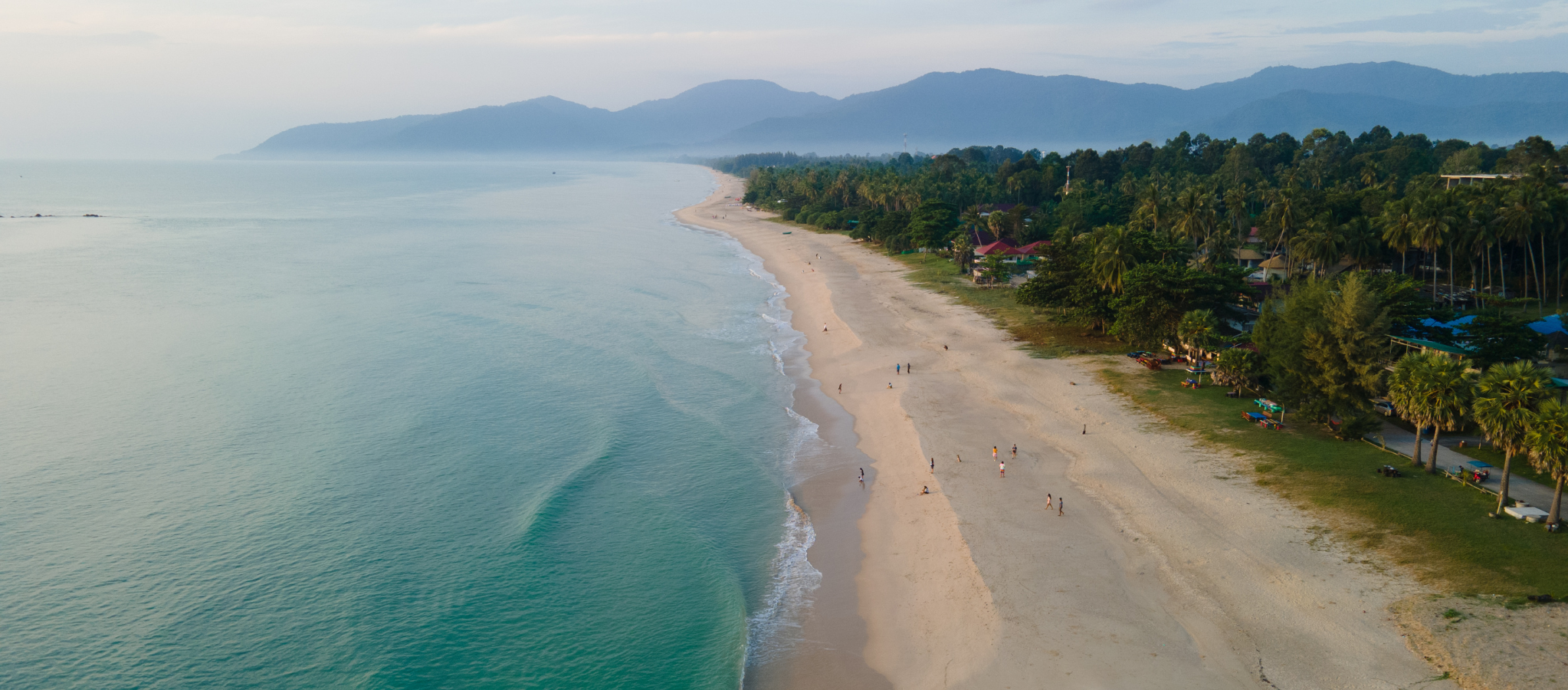 " alt="">
" alt=""> 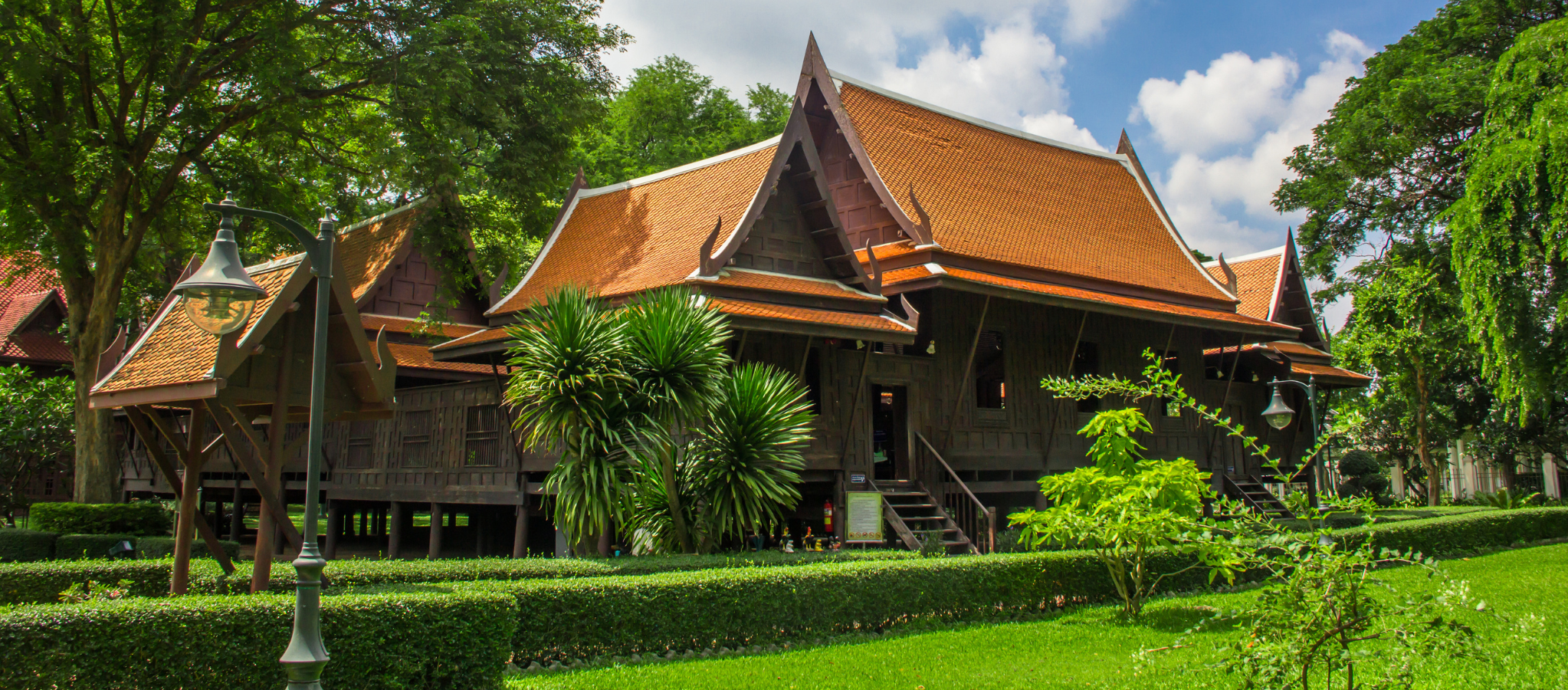 " alt="">
" alt=""> 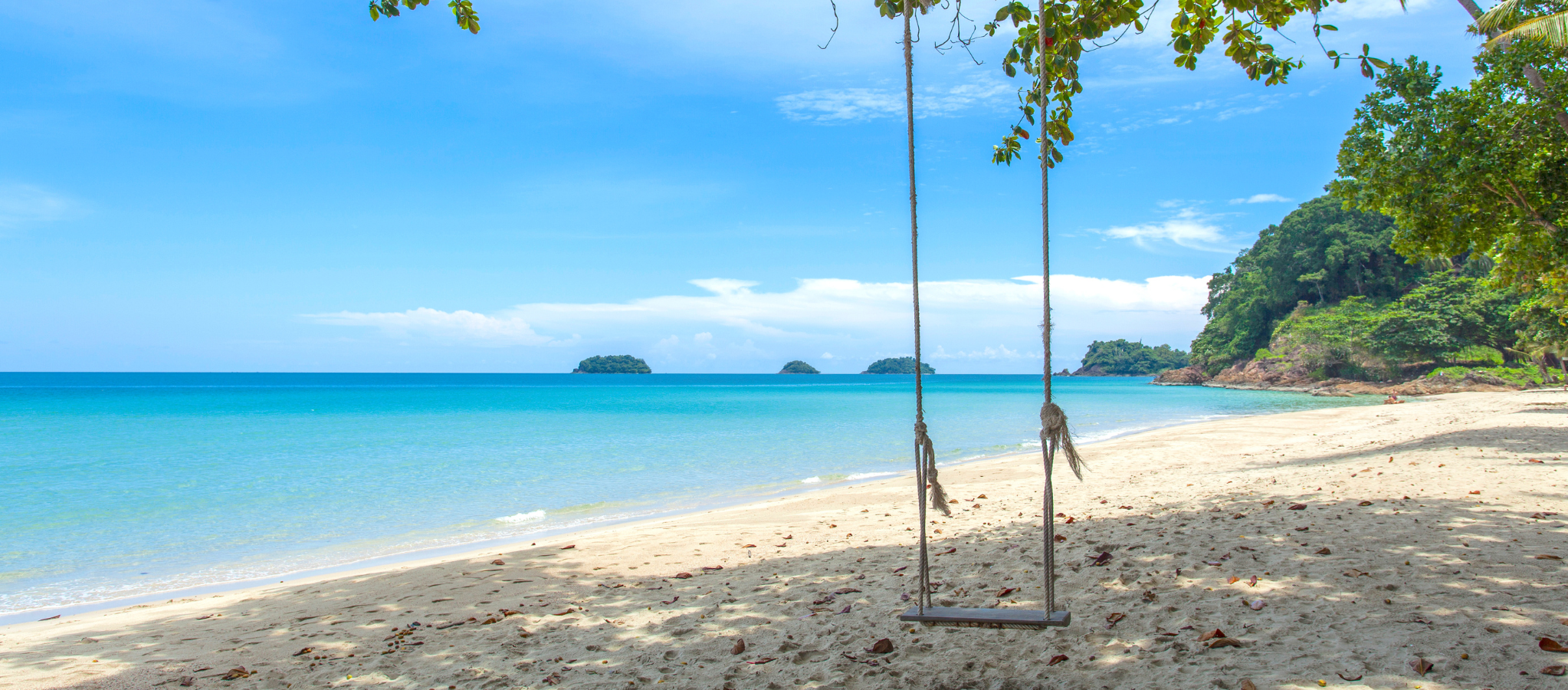 " alt="">
" alt=""> 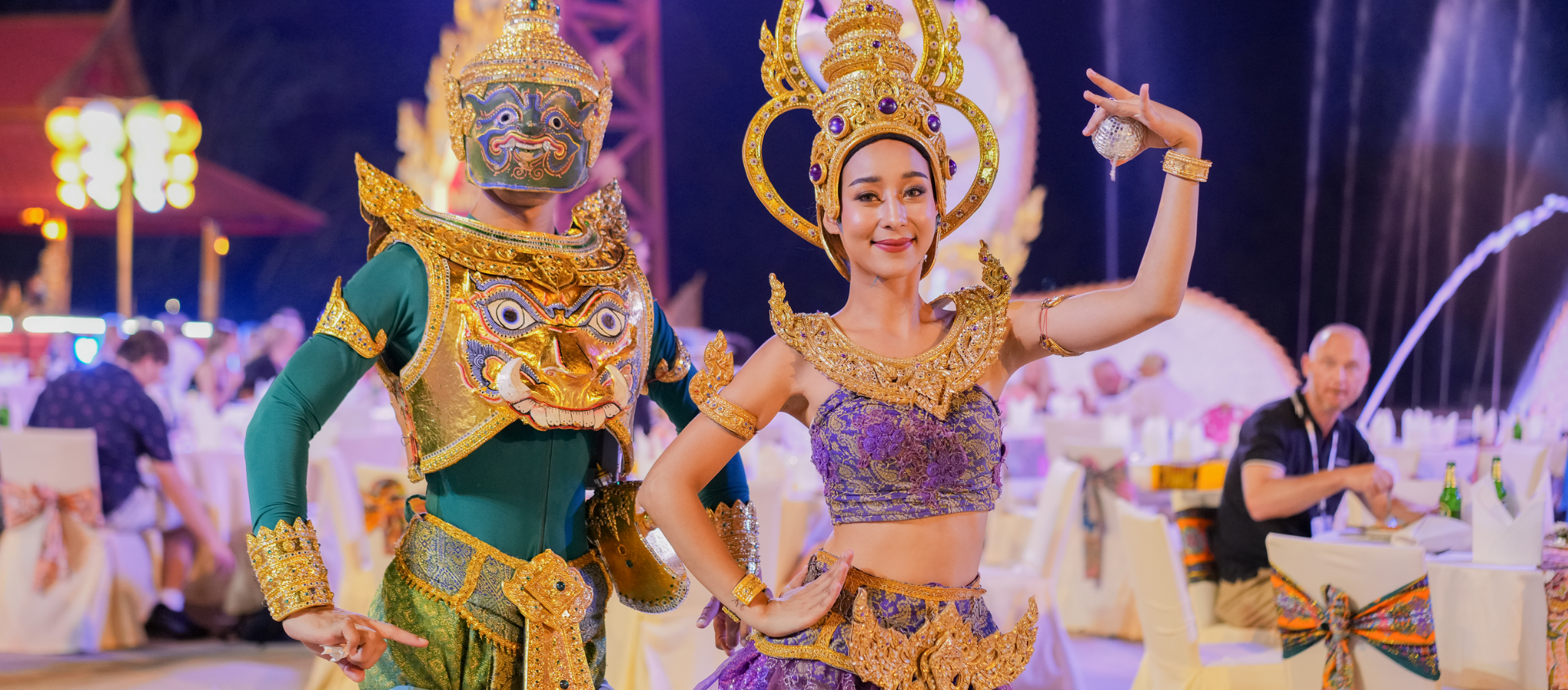 " alt="">
" alt=""> 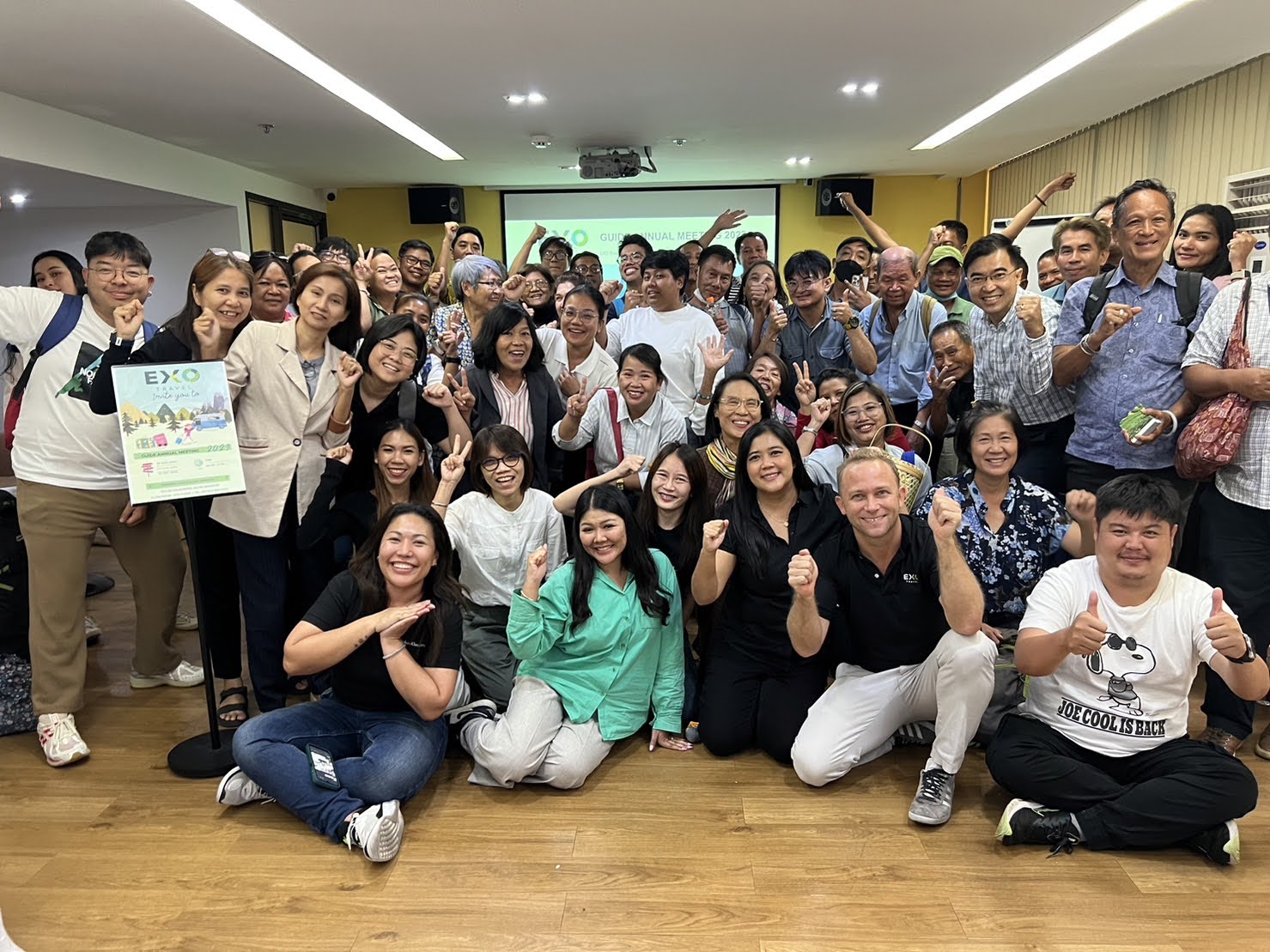 " alt="">
" alt="">